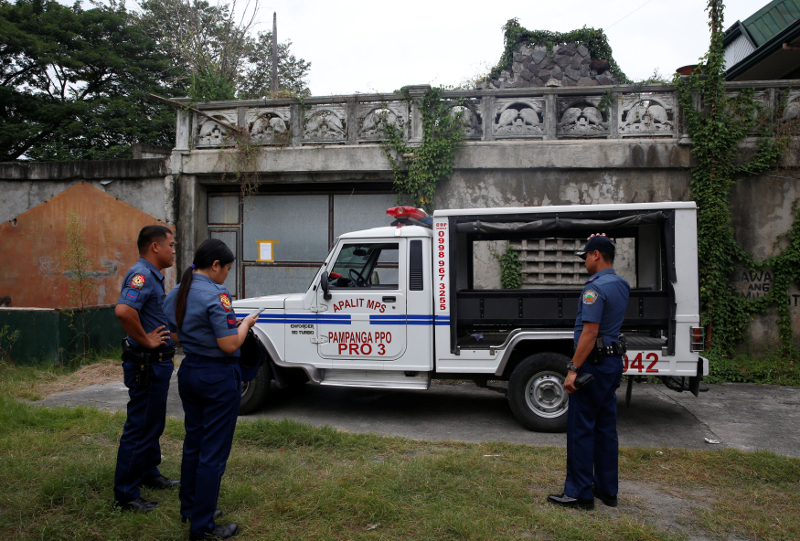MANILA, March 23 — The Philippines’ highest court launched an investigation today into the scale of deadly violence and threats against lawyers and judges in the past 10 years.
The period of time covers the administrations of former president Benigno Aquino and current leader Rodrigo Duterte, whose crackdown on drug users and war against communist rebels have killed thousands of people.
Among them are hundreds of activists, lawyers and journalists, rights groups say.
A statement signed by the full bench of the Supreme Court condemned “every instance” where a lawyer or judge has been killed or threatened.
In a move welcomed by rights groups, it called on lower courts, law enforcement and the public to provide information to “shed light on the number and context” of each case.
“The Supreme Court has always operated within institutional restraints, but it is far from resigned to spectate as clear breaches of constitutional rights are carried out beyond its halls,” it said.
“Based on the information provided, the Court will then decide on the next courses of action, including the amendment of the relevant rules, or if necessary, the creation of new ones.”
The justices said they were responding to appeals from lawyers’ groups, including those who have challenged the legality of Duterte’s controversial anti-terrorism law in the Supreme Court.
One of the lawyers involved in the case was recently stabbed in the neck with a screwdriver.
A record 61 lawyers have been killed under Duterte, Human Rights Watch said this month, citing data collected by two legal groups that track deadly violence against members of the legal profession.
The justices also called for an investigation into the case of a Manila lower court judge accused in a public poster last week of being a communist rebel sympathiser.
She was targeted after ordering the release of a journalist detained on suspicion of having links with the guerrilla movement.
“We are aware that there are wayward elements who, in their zeal to do what they think is necessary, would simply brush aside the limitations in our law as mere obstacles,” the court said.
“This should never be countenanced.” — AFP






















